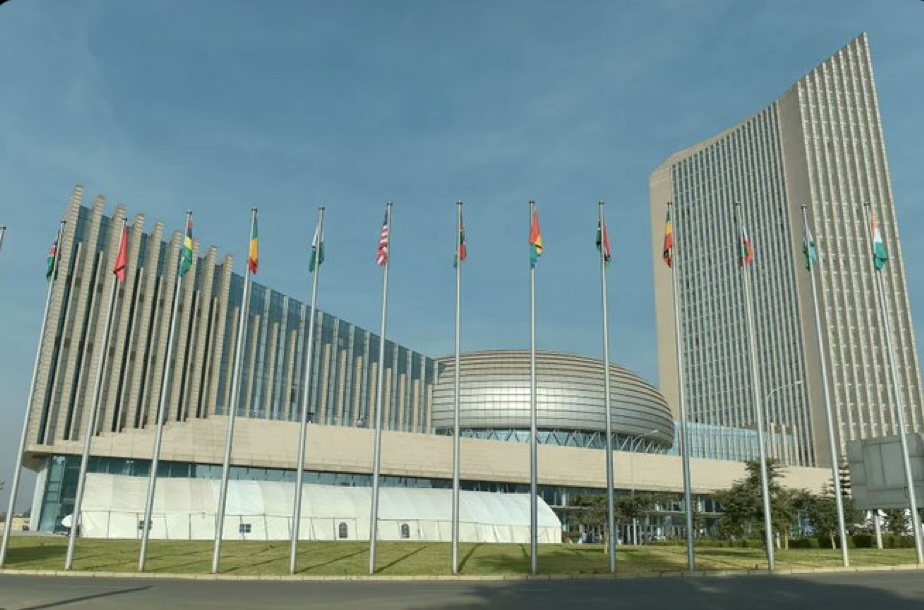African Union Invests $30 Billion to Modernise Africa’s Airports, Airspace Systems The African Union (AU) has unveiled an ambitious $30 billion plan aimed at overhauling airports and airspace systems across the continent as part of its drive to enhance connectivity, safety, and economic integration. The announcement was made during the Third Financing Summit for Africa’s Infrastructure Development held in Luanda, Angola, where AU Commissioner for Infrastructure and Energy, Lerato D. Mataboge, outlined the investment strategy designed to support the Single African Air Transport Market (SAATM) and the African Continental Free Trade Area (AfCFTA) According to the AU, the investment will be deployed to modernise airports, aerodromes, and air navigation systems, as well as to strengthen communication, navigation, and meteorological infrastructure across Africa. The plan seeks to reduce flight delays, expand cargo capacity, and improve the overall efficiency of the aviation sector, which the AU described as a key engine of regional growth and integration under its Agenda 2063 framework The $30 billion funding package will follow a blended finance approach, with about $10 billion expected to come from public sources—including governments, multilateral development banks, and AU institutions—to leverage an additional $20 billion in private and institutional capital. The African Union Development Agency (AUDA-NEPAD), in collaboration with regional economic communities and development finance institutions, will oversee the mobilisation of resources and ensure transparency in implementation A breakdown of the planned expenditure shows that $10 billion will be directed toward upgrading airports and aerodromes, including terminals, runways, and cargo handling facilities. Another $8 billion will focus on upgrading communication, navigation, and meteorological systems to improve air traffic management and safety. The remaining funds will be allocated to aviation security, digitalisation, workforce training, and environmental compliance The AU explained that the investment is crucial to meeting the rapidly growing demand for air travel in Africa, as passenger traffic is projected to increase from around 160 million in 2024 to nearly 500 million by 2050. Improved infrastructure, the organisation said, would also enhance the competitiveness of African carriers and boost trade, tourism, and cross-border business However, experts have cautioned that the success of the initiative will depend on effective governance, regulatory harmonisation, and the ability of governments to de-risk projects to attract long-term private investment. Analysts also warned that poor procurement practices and delays could undermine progress if not properly addressed In response, AU officials pledged that the initiative would adhere to strict transparency and sustainability standards. They noted that partnerships with the International Civil Aviation Organization (ICAO), the African Civil Aviation Commission (AFCAC), the World Bank, and other international stakeholders would help ensure best practices in project execution and oversight If fully implemented, the African Union projects that the programme will not only improve air connectivity across the continent but also create thousands of jobs in construction, aviation, and logistics. It will further strengthen Africa’s position as an emerging global aviation hub while advancing the broader goals of regional integration and economic transformation.









